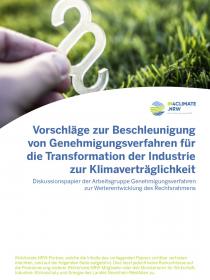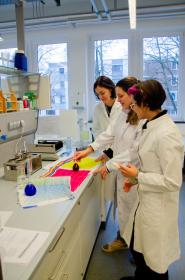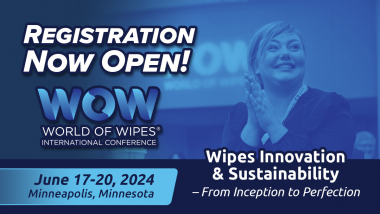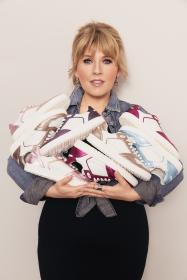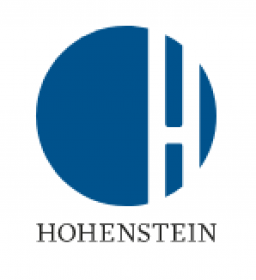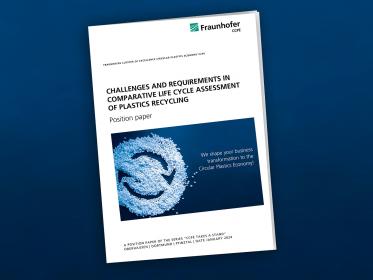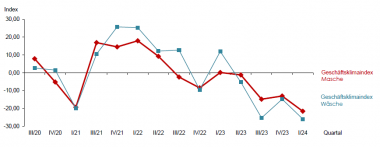Oerlikon Barmag: Chemiefaseranlage für nachhaltige Polyestergarn-Produktion in Indien
Mit der Inbetriebnahme der neuen Polyestergarn-Produktion bei Garden Silk Mills in Surat, Indien, zeigt das zur Schweizer Oerlikon Industriegruppe gehörende Unternehmen Oerlikon Barmag seine Kompetenz als einer der führenden Anbieter von Chemiefaseranlagen. Der Um- und Neubau der Polyesterspinnerei mit 216 WINGS FDY Spinnstellen ging einher mit einer umfangreichen Engineering-Leistung, die im engen Zusammenspiel der Experten aus Deutschland und aus Indien erbracht wurden.
Das Expansionsprojekt für FDY-Garne bei Garden Silk Mills Private Limited (GSMPL) markiert den Beginn einer Periode schnellen Fortschritts im Textilsektor durch die Chatterjee Group (TCG) unter der Führung ihres Vorsitzenden Dr. Purnendu Chatterjee. Mit ihrer modernen Produktionsanlage in Jolwa, in der hochwertige Polyesterchips, POY, FDY und andere Spezialgarne hergestellt werden, und der Marke Garden Vareli, die eine zeitgemäße Kollektion von Saris und Kleidungsstoffen anbietet, schafft die Chatterjee Group, die weltweit Investitionen in Höhe von 8 Milliarden US-Dollar tätigt, den ,Garten von morgen‘. „Wir bei MCPI und GSMPL sind entschlossen, die textile Vision von Dr. Purnendu Chatterjee, dem Vorsitzenden von TCG, zu verwirklichen", sagte D.P. Patra, Whole Time Director und CEO von MCPI.
Oerlikon Barmag Anlagen beherrschen nahezu alle Prozesse zur Herstellung textiler und technischer Garne und verspinnen die gängigen Polymere Polyester, Polyamid 6 und 6.6 oder Polypropylen. Bei Garden Silk Mills geht es um vollverstreckte Garne (FDY). Sie werden ohne weitere Veredelung zu textilen Flächen verarbeitet. Überall dort, wo Textilien glatt fallen oder aber gleiten soll, kommen vollverstreckte Garne zum Einsatz.
Das WINGS Konzept durchbricht dabei die Grenzen konventioneller FDY Spinnanlagen. WINGS steht für optimierte Produktionsprozesse, geringe Abfallraten und um rund 30 Prozent reduzierten Energieverbrauch. Hohe Garnqualität ist dabei verpflichtend. Einsetzbar ist diese Technologie im FDY Prozess für Polyester und Polyamid.
Oerlikon Barmag WINGS Technologie unterstützt Garden Silk Mills bei der Produktion von FDY Premiumgarnen – leistungsstarke Spinnereikomponenten wie Spinnpumpen, Spinnbalken und Düsenpakete bis zur Crossflow-Anblasung und den 216 WINGS Wicklern wurden im Direktspinnverfahren im Anschluss an eine bei Garden Silk Mills vorhandene Polykondensationsanlage installiert.
Oerlikon Textile GmbH & Co. KG




